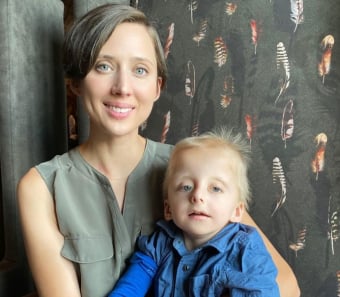ARX sequencing is a molecular test used to identify variants in the gene associated with ARX-Related X-Linked Intellectual Disability XLID.
6 weeks
81404
$1,000
ARX is an X-linked disorder that can include non-syndromic intellectual disability or a broader phenotype including intellectual disability of West syndrome (infantile spasms), Partington syndrome (dystonic movements, ataxia and seizures) or X-linked hydrocephalus with ambiguous genitalia. ARX is localized to Xp21.1. Two mutations, a 24bp duplication and a 21bp insertion, in exon 2 of ARX account for a significant proportion of the alterations within the gene. Carrier females have no discernable phenotype.
Molecular testing is useful to confirm the diagnosis and to identify the disease causing mutations within a family to allow for carrier testing and prenatal diagnosis.
Sanger Sequencing
The preferred sample type is 3-5 ml of peripheral blood collected in an EDTA (purple top) tube. Extracted DNA, dried blood spots, and saliva are also accepted for this test. Saliva samples must be submitted in an approved saliva kit. Contact the lab to receive a saliva kit or to have one sent to your patient.
The specimen should be kept at room temperature and delivered via overnight shipping. If shipment is delayed by one or two days, the specimen should be refrigerated and shipped at room temperature. Do not freeze the specimen. Samples collected on Friday can be safely designated for Monday delivery.
Prenatal diagnosis is available if the familial mutations are known. Additional fees for cell culture and maternal cell contamination may apply. Maternal cell contamination studies are required for all prenatal molecular tests. Contact the laboratory prior to sending a prenatal specimen.
Call our laboratory at 1-800-473-9411 or contact one of our Laboratory Genetic Counselors for assistance.
Robin Fletcher, MS, CGC
Falecia Thomas, MS, CGC
Alex Finley, MS, CGC
